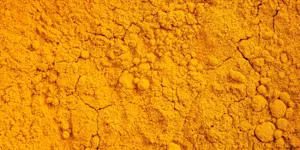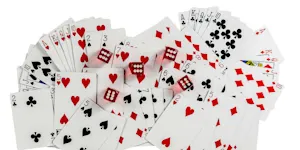What Makes This Word Tick
"Pique" is a delightful word that dances between meanings. On one hand, it describes a feeling of irritation or resentment, the kind you might feel when someone skips your turn in line. On the other, it's all about curiosity and interest, like when a mystery novel piques your interest to the point of staying up past bedtime to finish it.
If Pique Were a Person…
If "pique" were strutting around in human form, it would be that lively friend who always manages to stir up emotions. Sometimes they get the party going with exciting stories, and other times they might ruffle a few feathers with a cheeky comment. Either way, "pique" knows how to make an impression.
How This Word Has Changed Over Time
Originally borrowed from French, "pique" has been part of the English language since the early 16th century. Initially, it leaned more towards the pricking sensation of irritation, but over time, it has embraced the dual role of sparking curiosity as well.
Old Sayings and Proverbs That Use Pique
While there aren't any time-worn proverbs featuring "pique," its essence is alive and well in sayings like "the pot calling the kettle black," where a touch of pique might color the exchange. It's the kind of word that adds spice to many age-old debates.
Surprising Facts About Pique
Did you know that the pique-nique, also from French, was originally a social event where everyone brought their own dish? It’s fascinating how "pique" embodies both the irritation of preparing a dish and the excitement of sharing a meal.
Out and About With This Word
"Pique" might accompany you to an art gallery, where a particularly avant-garde piece challenges your sensibilities. Or perhaps it joins you at a debate, where lively discourse might pique both interest and tempers.
Pop Culture Moments Where Pique Was Used
"Pique" often sneaks into movie dialogue, especially in films dealing with mystery or drama. Imagine a detective in a classic noir film saying, "This detail, Watson, piques my curiosity!" It’s a phrase that gives the scene just the right amount of suspense.
The Word in Literature
In literature, "pique" has made appearances in both classic and modern storytelling. It fits beautifully in Jane Austen's novels, where small slights and social faux pas cause much consternation. Today's novels, too, use "pique" to explore character dynamics and plot twists.
Moments in History with Pique
Consider the Boston Tea Party, a moment brimming with colonial pique over taxes without representation. Although no one explicitly mentioned "pique," the undercurrent of irritation perfectly aligns with the word's spirit of disgruntlement turned action.
This Word Around the World
Globally, "pique" might change faces but not essence. For instance, in Spanish, "picar" (to prick or sting) carries a similar dual meaning of annoyance and intrigue, much like its English counterpart.
Where Does It Come From?
"Pique" springs from the French word of the same spelling, meaning "to prick" or "to sting." It was first recorded in English in the 1530s, initially referring to a prickly feeling before branching out into broader emotional territory.
How People Misuse This Word
Some people mix "pique" up with "peak," especially when talking about interest. Remember, "pique" describes that initial spark of curiosity, whereas "peak" is all about reaching the top of something — quite a different mountain!
Words It’s Often Confused With
Peek: Often confused due to similar pronunciation. "Peek" refers to a quick glance, not a feeling.
Peak: This is the highest point of something, unlike "pique," which is more about emotions.
Peck: This word describes a quick, light kiss or a bird's action, rather than urging curiosity or irritation.
Additional Synonyms and Antonyms
Synonyms include "provoke," "stimulate," and "vex." On the flip side, antonyms might be "satisfy" and "soothe," which calm rather than stir emotions.
Want to Try It Out in a Sentence?
She had piqued his curiosity with just a hint of a dramatic backstory, leaving him eager to know more.
















